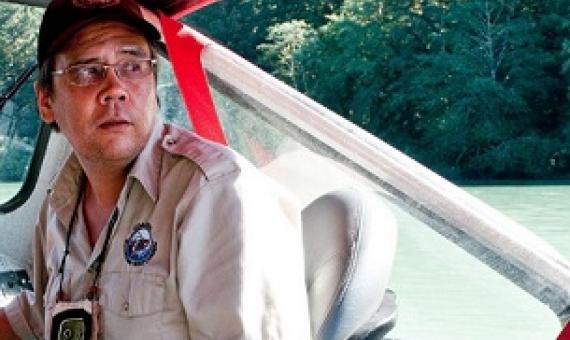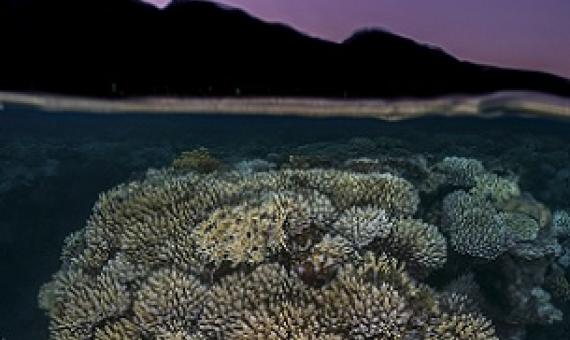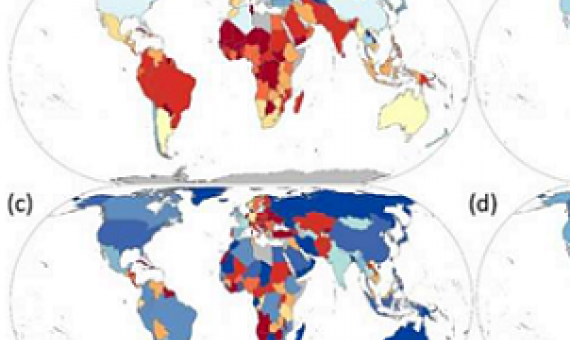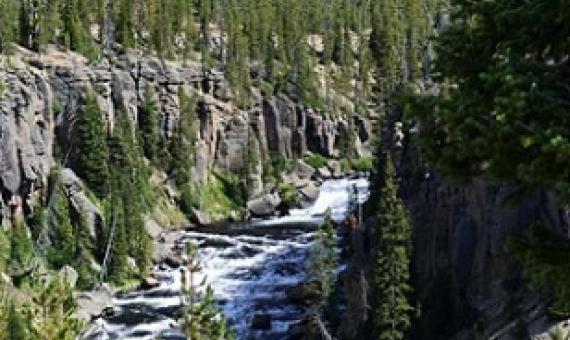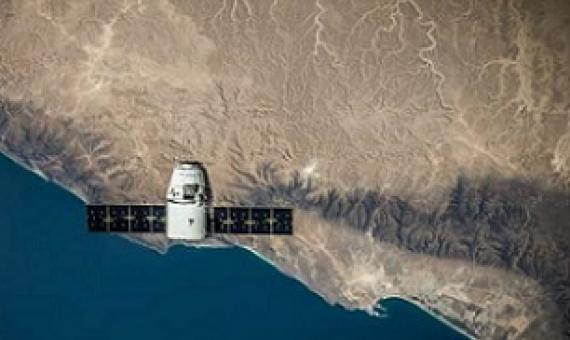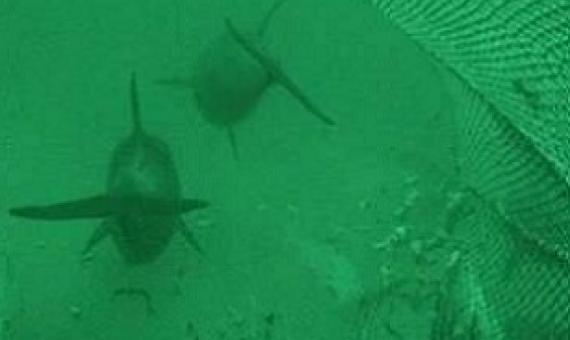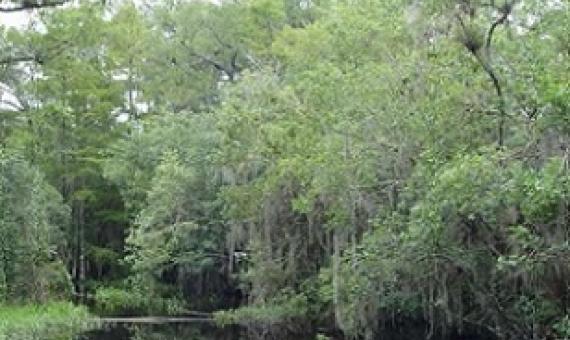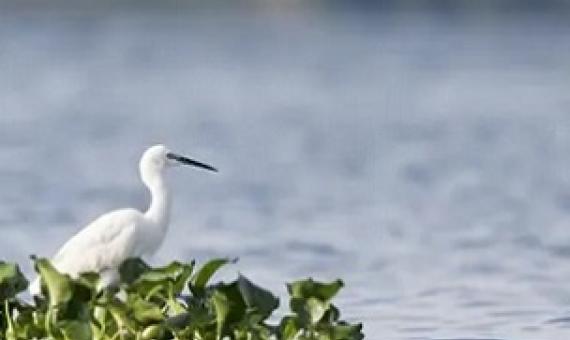Participation, not penalties: Community involvement and equitable governance contribute to more effective multiuse protected areas
Accelerating ecosystem degradation has spurred proposals to vastly expand the extent of protected areas (PAs), potentially affecting the livelihoods and well-being of indigenous peoples and local communities (IPLCs) worldwide. The benefits of multiuse PAs that elevate the role of IPLCs in management have long been recognized. However, quantitative examinations of how resource governance and the distribution of management rights affect conservation outcomes are vital for long-term sustainability.

